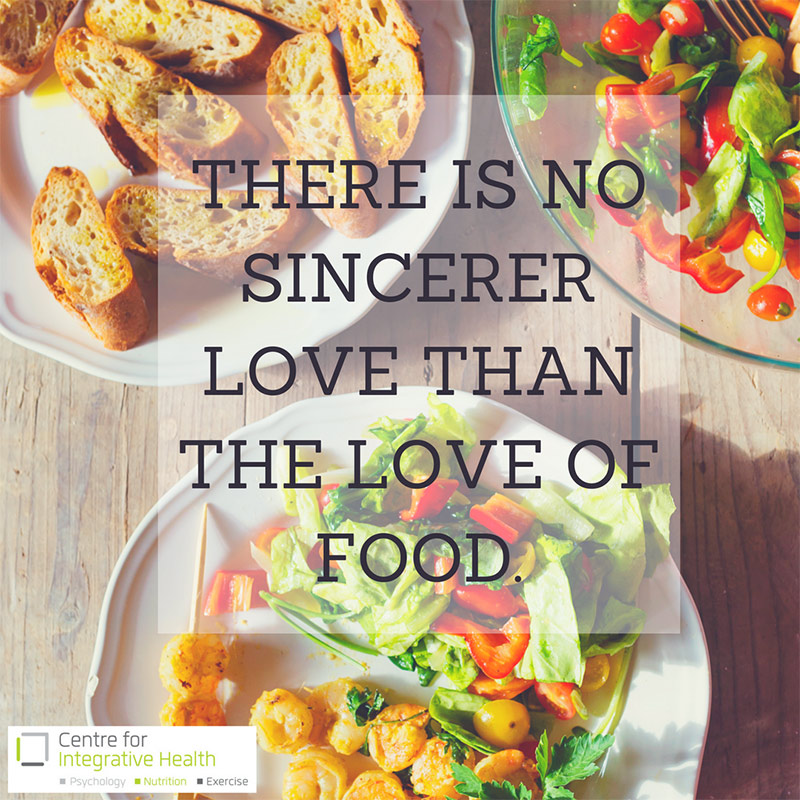It makes sense that many of us turn to food in times of stress when we consider our histories with food.
As babies, our cries were likely met with food (in the form of our mother’s breast or a bottle) along with a nurturing embrace. From there, food was likely paired with a host of emotions/events. Many of us were distracted from our tiredness/boredom during the grocery shop with a chocolate from the aisle; our courage/bravery after an immunisation might have been rewarded by the doctor with a lolly; a positive report card might have been celebrated with a special dinner; and birthdays were likely marked with cake.
It makes sense as adults that we continue to turn to food; to comfort, commiserate, and to celebrate. If you are distressed by your relationship with food, acknowledging this very point can be a helpful starting point. Beating yourself up for turning to food is not only unlikely to improve your eating behaviour but it also creates more distress to deal with.
Emotional eating only becomes a problem (as is the case with all coping strategies including drinking, working, exercising, shopping, etc) when it is our only means of coping and the strategy is used to excess. If you’d like to expand your coping strategies, you might like to compile a list of other self-soothing activities to practice in response to distress. Here are some ideas of alternatives you might like to try:
- meditation, mindfulness, yoga
- reading, listening to audiobooks/podcasts
- journal writing
- listening to music
- watching inspirational clips on youtube
- reaching out to friends, family, support groups, treating professionals
- taking a bubble bath, giving self a pedicure/facial, cleaning/decorating your personal space
- enjoyable movement: walking, engaging in team sports, trying a dance class
We’d love to hear any other ideas you have.
#selfcompassion #selfcare #stressmanagement #food #emotionaleating #relaxation #eatingdisorderrecovery


